
An outbreak of bird flu has been confirmed in Lancaster as concerns grow about the deaths of baby swans on the canal.
Defra (the government's Department for the Environment, Food and Rural Affairs) says that five Greylag geese in Lancaster tested positive during the week of October 3-9.
They have warned the public not to touch any dead or visibly sick birds but said the risk to public health is "very low".
The warning came after several sightings of dead water birds on Lancaster Canal over the past week.
Members of the public took to social media to report seeing the bodies of baby swans in the canal – concerned they may have had bird flu.
Residents believe they were from a family of swans and cygnets previously seen swimming on the canal near Shaw Street Bridge.
See photo below from Joshua Brandwood.

They were popular with passersby who fed and took photos of them.
A member of the public posted on the 'Lancaster Past and Present' Facebook page on October 20 that six cygnets had died and the relevant authorities had been informed.
Members of the public also saw dead waterfowl on the canal at Lancaster and Bolton-le-Sands over the weekend. It is not clear if these were the same birds previously reported.
The cause of death of birds found in the canal last week is not yet known.
A spokesperson for the Canal and River Trust said they had received reports of dead swans on the canal at the end of last week, several miles apart.
They were unable to confirm the cause of death as "Defra will only carry out tests for Avian flu if there are a minimum of three swans in the exactly the same location" but said an "ecologist is keeping a close eye on the situation".
Defra said that there had been two 'findings' in Lancaster in 'Week 40' of this year (October 3-9).
They then collect "a maximum of five birds from a particular location for testing when a mass die-off is reported".
The greylag goose is a large, pale grey goose with pink legs and an orange bill.
H5N1 is a type of influenza virus that causes a highly infectious, severe respiratory disease in birds called avian influenza (or 'bird flu').
The government has confirmed 66 cases of "highly pathogenic" avian influenza H5N1 in England since October 1 2022.
None of these were confirmed in the Lancaster area.
There have been 200 cases nationwide since an outbreak of H5N1 in October 2021 - which has been called the worst in UK history.
Cases of humans catching bird flu are rare, says the NHS website, but the virus can be spread by close contact with infected birds.
A Defra spokesperson said: "The Animal and Plant Health Agency (APHA) carries out year-round surveillance of dead wild birds submitted via public reports and warden patrols as part of its wild bird surveillance programme.
"Several wild birds have tested positive for avian influenza over the past year.
"APHA publishes a list of all wild birds that have tested positive for the disease in Great Britain, the list is updated weekly and is available here.
"We are unable to comment on any testing or reports that are not listed at this site as the results will not yet be ready for publication.
"When APHA receives reports of dead wild birds, APHA and their contractors will collect some of these birds for testing to help us understand how the disease is distributed geographically and in different types of wild bird.
"Results from wild bird testing help us to tell where the disease is distributed across the country, as well as understand the risk posed to poultry and other captive birds, to help us work with farmers to prevent the disease being transferred into the captive bird population.
"Reports to the Defra Helpline of found dead wild birds are triaged and not all birds will be collected.
"The criteria for which birds are collected (species and numbers) are adjusted to increase or decrease the sensitivity of surveillance.
"The latest criteria used for triage by the Defra helpline are published on the guidance page: Avian Influenza (bird flu).
"The surveillance programme will not collect further wild bird carcasses of the same species from the same location (defined as a 3km radius of where the birds were found) for at least 14 days once carcasses have been collected previously from a given location.
"A maximum of five birds will be collected from a particular location for testing when a mass die-off is reported.
"Wild birds are susceptible to a range of diseases and injuries and not all dead birds will have been infected with avian influenza.
"Members of the public should call the Defra helpline (03459 33 55 77) if they find one or more dead bird of prey (including owls), three or more dead gulls or wild waterfowl (swans, geese and ducks), five or more dead birds of any species.
"The UK Health Security Agency (UKHSA) has said that avian influenza is primarily a disease of birds and the risk to the general public’s health is very low. Do not touch or pick up any dead or visibly sick birds that you find.
"In addition, further details of the latest avian influenza findings in wild birds in the UK and Europe can be found in our outbreak assessments available as part of the ‘Animal diseases: international and UK monitoring’ collection."
A spokesperson for the RSPB (Royal Society for the Protection of Birds) said: “Avian Flu is sadly still affecting wild and domestic bird populations, causing distressing scenes across our countryside.
“Members of the public are advised not to touch any visibly sick or dead birds and instead report them to the DEFRA helpline on 03459 33 55 77. Visitors to coastal areas are also advised to keep dogs on a lead to avoid them touching or picking up dead birds.”



 BIG FIGHT COUNTDOWN: Tyson Fury's most memorable Morecambe moments
BIG FIGHT COUNTDOWN: Tyson Fury's most memorable Morecambe moments
 Meeting will rally business community together after shock Lancaster bakery closure
Meeting will rally business community together after shock Lancaster bakery closure
 INTERVIEW: Award-winning festival set to celebrate Italy in Lancaster
INTERVIEW: Award-winning festival set to celebrate Italy in Lancaster
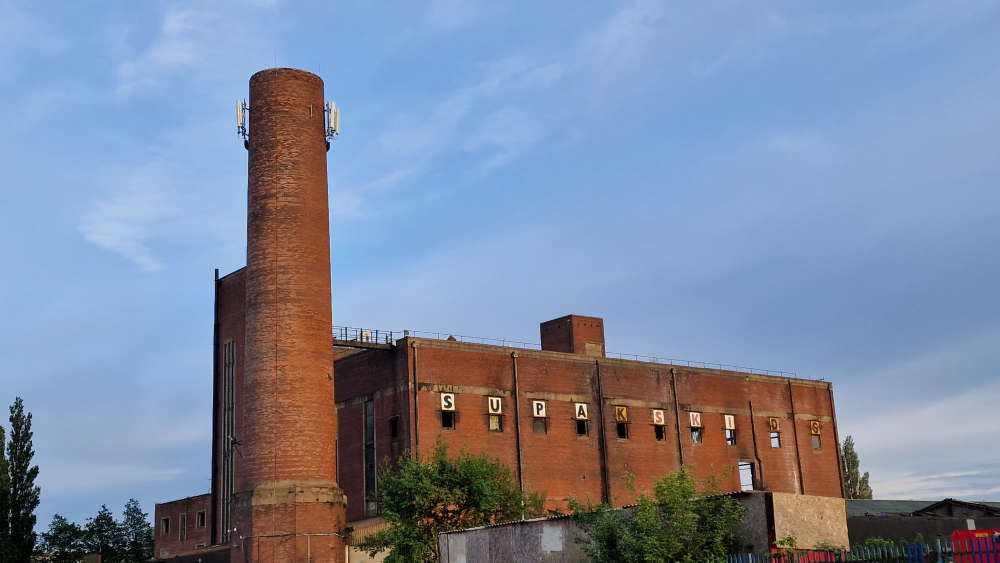 Lancaster MP welcomes return of mobile phone coverage
Lancaster MP welcomes return of mobile phone coverage
 INTERVIEW: Historic Heysham pub to reopen as new management aims to 'bring community together'
INTERVIEW: Historic Heysham pub to reopen as new management aims to 'bring community together'
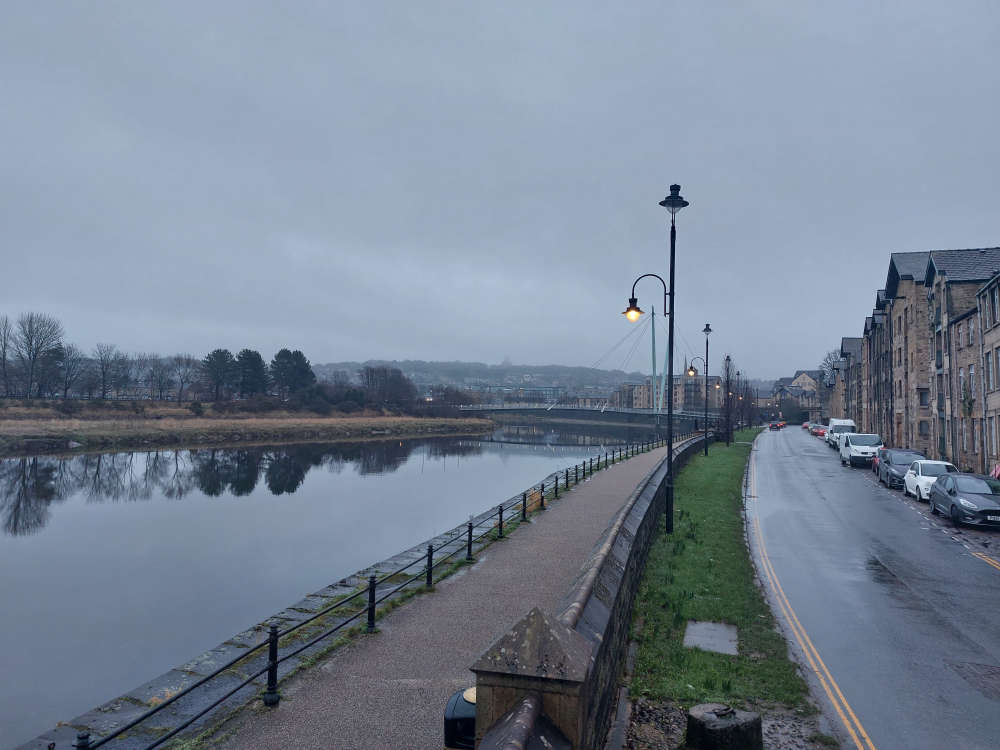 Traffic diverted as Lancaster quay closed for rail bridge works
Traffic diverted as Lancaster quay closed for rail bridge works
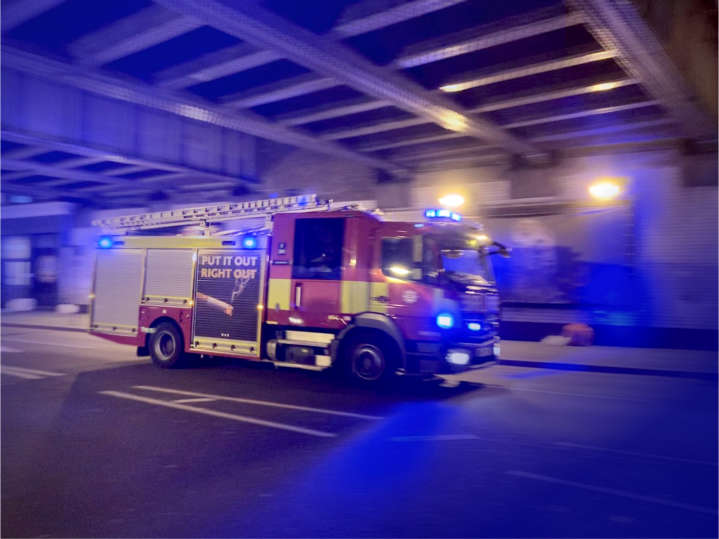 Caravan fire in Morecambe spreads to two other vehicles
Caravan fire in Morecambe spreads to two other vehicles
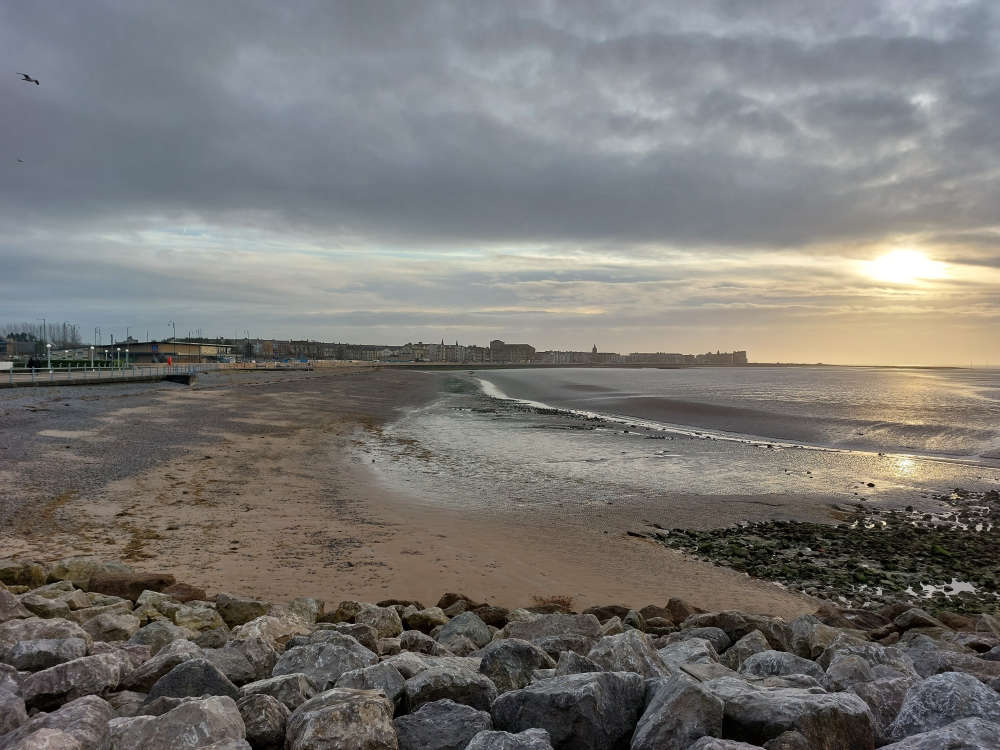 Morecambe's two bathing beaches receive Seaside Awards amid calls to improve water quality
Morecambe's two bathing beaches receive Seaside Awards amid calls to improve water quality
 Lancaster remains best university in North West England in Complete University Guide
Lancaster remains best university in North West England in Complete University Guide
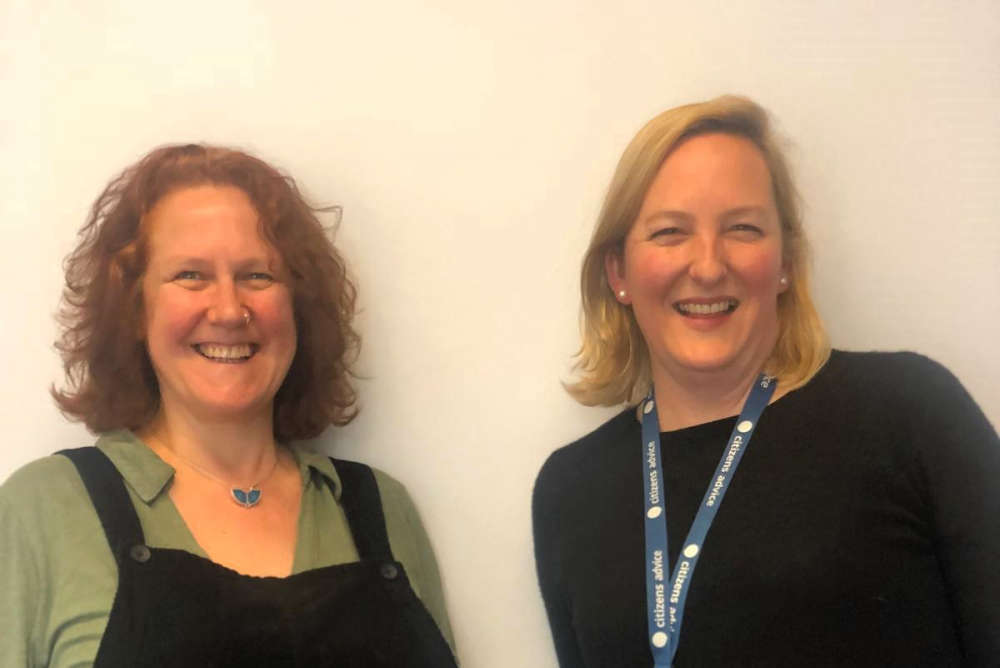 'Music with the Mayor' initiative launched to support North Lancashire’s Citizens Advice
'Music with the Mayor' initiative launched to support North Lancashire’s Citizens Advice
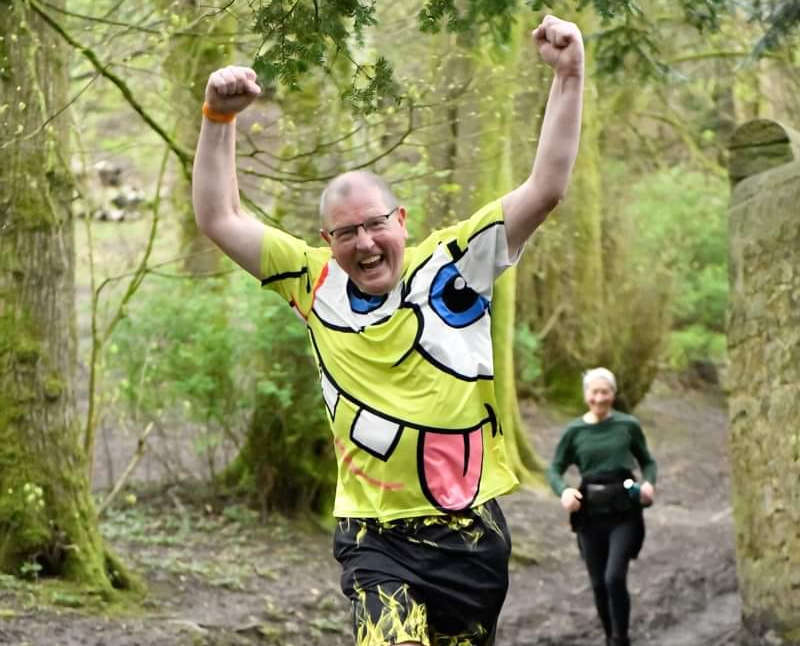 DIARY: Beyond Radio presenter fighting cancer continues his '60 Before 60' challenge
DIARY: Beyond Radio presenter fighting cancer continues his '60 Before 60' challenge
 BIG FIGHT COUNTDOWN: Tyson Fury's father John headbutts Usyk supporter ahead of undisputed heavyweight title fight
BIG FIGHT COUNTDOWN: Tyson Fury's father John headbutts Usyk supporter ahead of undisputed heavyweight title fight
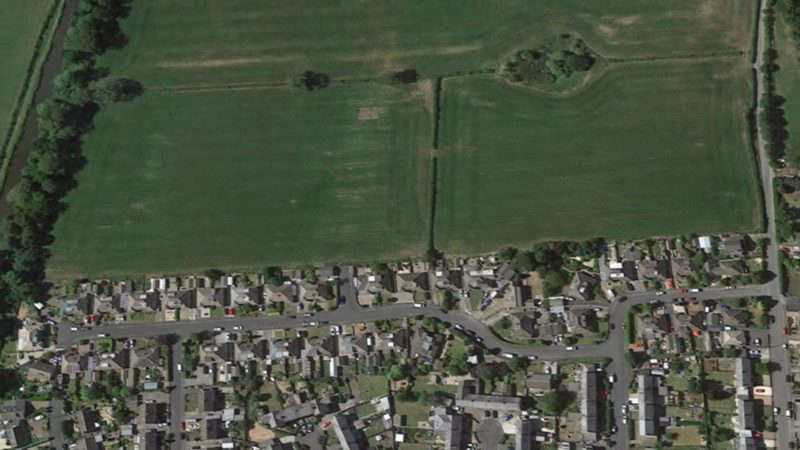 Decision to refuse Galgate housing scheme planning permission upheld following public inquiry
Decision to refuse Galgate housing scheme planning permission upheld following public inquiry
 INTERVIEWS and PHOTOS: The story of Highest Point festival 2024
INTERVIEWS and PHOTOS: The story of Highest Point festival 2024
 INTERVIEW: Lancaster prison officer backed by Tyson Fury wins sport contest ahead of Miss England bid
INTERVIEW: Lancaster prison officer backed by Tyson Fury wins sport contest ahead of Miss England bid
 VIDEO and INTERVIEW: Lancaster schoolboy, 10, makes drum 'n' bass DJ debut at Lancaster festival
VIDEO and INTERVIEW: Lancaster schoolboy, 10, makes drum 'n' bass DJ debut at Lancaster festival
 Highest Point 'Lancaster Rocks' night cancelled due to thunderstorms warning
Highest Point 'Lancaster Rocks' night cancelled due to thunderstorms warning
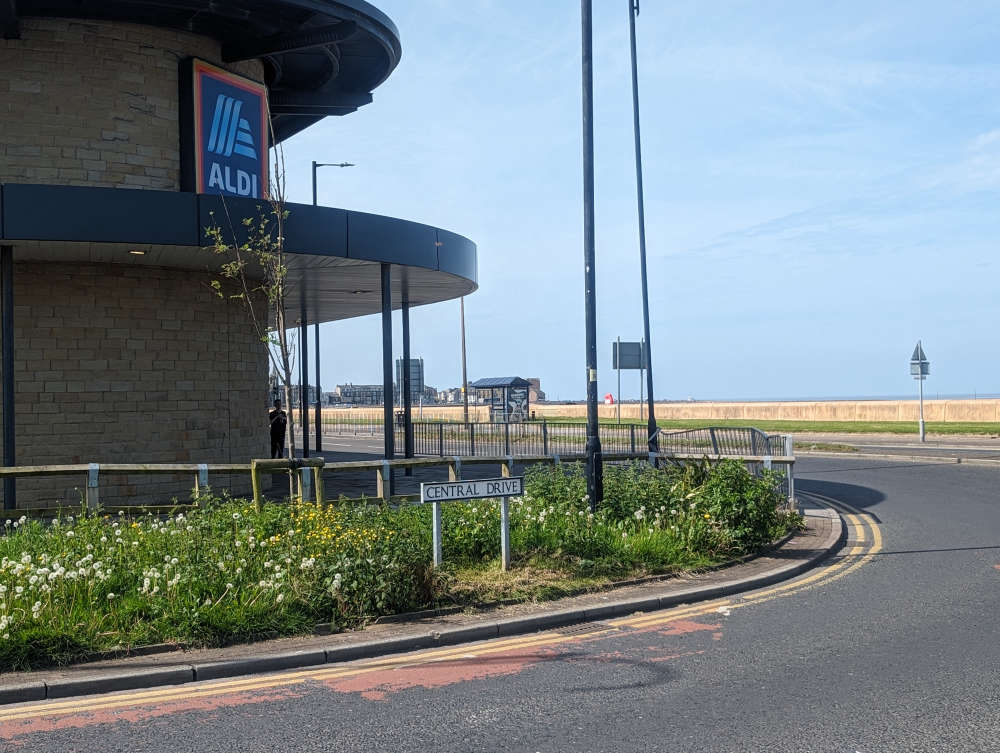 Quad bike rider dies after road crash in Morecambe
Quad bike rider dies after road crash in Morecambe
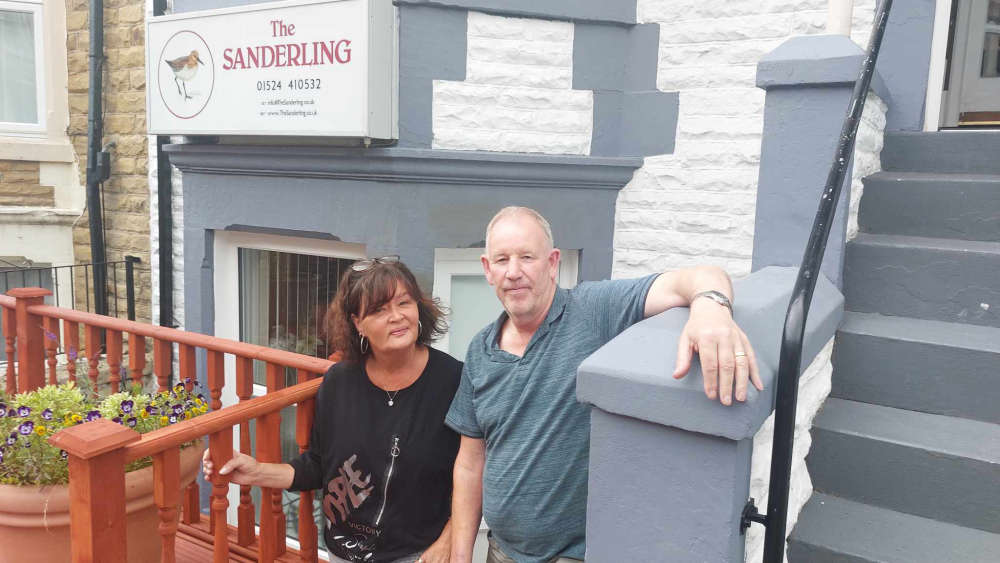 Morecambe guesthouse couple to star on reality TV show 'Four in a Bed'
Morecambe guesthouse couple to star on reality TV show 'Four in a Bed'
 PHOTOS: Northern Lights dazzle on Highest Point festival day one
PHOTOS: Northern Lights dazzle on Highest Point festival day one




